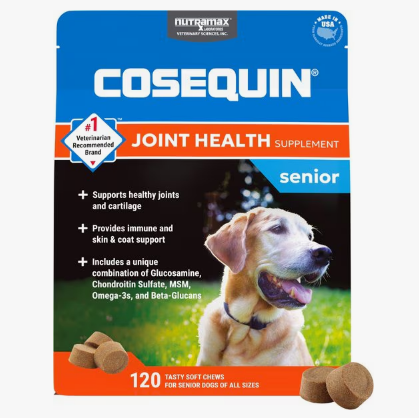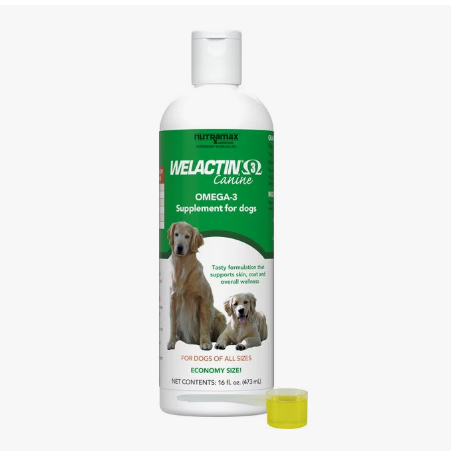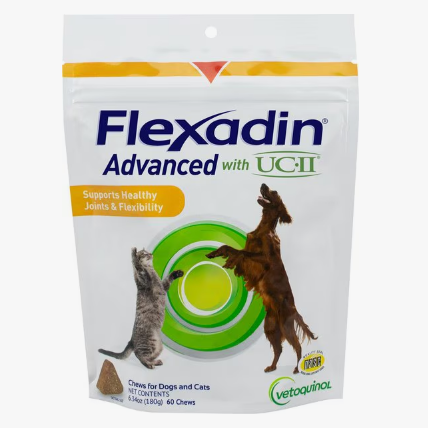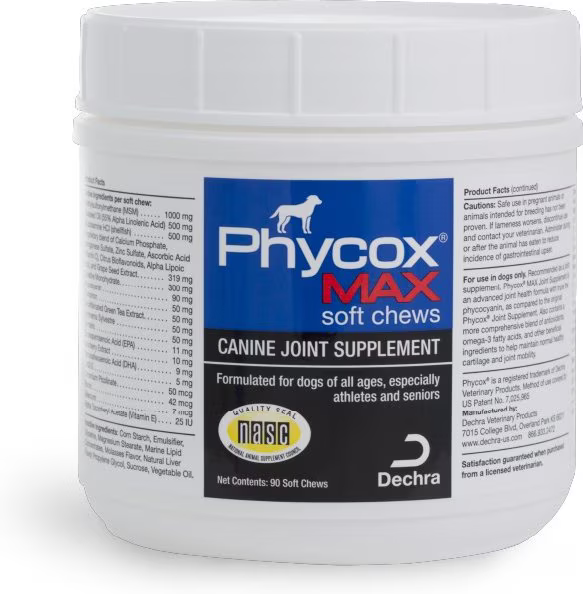Best Hip and Joint Supplement for Dogs: What Works and What to Avoid
If you're looking for the best hip and joint supplement for dogs, focus on proven ingredients (glucosamine, chondroitin, omega-3s), correct dosing by weight, and low allergen formulas. This guide walks you through science, product picks, and safe use.

Why joint supplements matter for dogs
Joint pain and mobility loss are common—especially in medium to large breeds and senior dogs. A high-quality best hip and joint supplement for dogs can slow cartilage breakdown, reduce inflammation, and improve comfort. Think of supplements as supportive care: they won't replace surgery for severe cases, but they can delay progression and enhance quality of life when used correctly alongside weight control and exercise.
Key ingredients to look for (and why they work)
Not all products are equal. Look for these core ingredients in a supplement marketed as the best hip and joint supplement for dogs:
Glucosamine – building block for cartilage; helps lubricate the joint.
Chondroitin sulfate – retains water in cartilage and blocks destructive enzymes.
Omega-3 fatty acids (EPA/DHA or green-lipped mussel) – natural anti-inflammatory support.
MSM – can reduce swelling but dose carefully to avoid GI upset.
Collagen peptides or hyaluronic acid – help support joint matrix and synovial fluid viscosity.
A trusted best hip and joint supplement for dogs will list ingredient dosages and, ideally, cite clinical data or third-party testing. If your dog already takes other products, check for overlaps (for example, multiple sources of MSM) to avoid excessive dosing.

How to choose the right formula for your dog
Choose based on age, size, activity level, and any known allergies. For example, large, young working breeds benefit from higher glucosamine and chondroitin levels, while senior dogs may need lower-dose, easy-to-digest chews. If your dog has food sensitivities, consider a grain-free formula and look for a dog allergy supplement friendly ingredient list. Always calculate dose by weight—many dosing errors come from estimating instead of weighing your dog.
Tip: Pair supplements with lifestyle changes
Supplements are most effective when combined with weight management, low-impact exercise (short walks, swimming), and supportive bedding. For dogs with digestive or inflammation issues, adding a prebiotic or fiber supplement for dogs can help reduce systemic inflammation and improve nutrient absorption, indirectly supporting joint health.

Common product types and pros/cons
There are chewables, soft chews, powders, and liquid formulas. Chews and soft chews are convenient and palatable, but they may contain extra calories or flavoring that can trigger sensitive dogs. Powders mix into food and are handy if your dog refuses chews, but dosage accuracy matters. Liquids can be absorbed quickly, but they often cost more. No matter the format, prioritize clinically validated doses and transparency on sourcing.
Safety: what precautions to take
The best hip and joint supplement for dogs should be safe when used as directed, but follow these rules:
Check with your vet if your dog is on medication—some supplements interact with NSAIDs or blood thinners.
Start at the lower recommended dose and monitor for GI upset (vomit, diarrhea) or allergic signs.
Avoid unregulated products with proprietary blends that hide ingredient amounts.
If you notice lethargy, persistent vomiting, or unusual behavior after starting a product, stop use and contact your veterinarian immediately.
When supplements won’t be enough
Supplements work best for mild-to-moderate osteoarthritis and as preventive care. Severe lameness, joint instability, or rapid decline usually requires diagnostics (X-rays, bloodwork) and advanced care—physical therapy, prescription meds, or surgery. Your vet can advise when to escalate care beyond supplements and lifestyle changes.
Everything Our Vets Recommend
FAQ (Q & A)
Q: How quickly will a joint supplement work?
A: Some dogs show reduced stiffness in 2–4 weeks, but most studies report meaningful improvement after 6–8 weeks of consistent dosing. Patience and correct dosing by weight are essential.
Q: Are supplements safe to give long term?
A: Yes—many dogs take joint supplements for years. Regular checkups and periodic re-evaluation are recommended. Long-term safety generally depends on product quality and correct dosing.
Q: Can vitamins and other supplements be used together?
A: You can combine complementary products (for example, a joint supplement plus general dog vitamins and supplements), but avoid doubling up on the same active ingredient (like multiple glucosamine sources). Ask your vet for a safe stack tailored to your dog.
Final call to action: Talk to your veterinarian about the best hip and joint supplement for dogs tailored to your pet. Start with a vet-recommended product, measure doses by weight, and commit to at least 8 weeks to judge effectiveness.
You May Like:
- Fleas on Cats Symptoms — How to Spot Signs and Treat Quickly
- Effective Flea and Tick Medication for Dogs That Works Fast and Lasts Long
- Best Flea and Tick Prevention for Dogs to Keep Them Safe and Healthy
- Best Flea Shampoo for Dogs: Effective Solutions for Fleas and Ticks
User Comments
Does flea treatment kill ear mites too?
Can dogs take human probiotics?
Can dogs have people probiotics safely?
Related Articles
View all
How to Get Rid of Dog Allergies Naturally: Common Mistakes

Dog Allergic Reaction Eye Swelling: Hidden Mistakes to Avoid

Why Do Bulldogs Scratch? Bulldog Skin Allergies Guide

Cure for Dog Skin Allergies Owners Often Miss

How to Get Rid of Dog Allergies Naturally: Common Mistakes

Dog Allergic Reaction Eye Swelling: Hidden Mistakes to Avoid

Why Do Bulldogs Scratch? Bulldog Skin Allergies Guide

Cure for Dog Skin Allergies Owners Often Miss

Vet-Recommended Wet Dog Food for Sensitive Stomachs — 2025 Guide

Dog Dust Mite Allergy: Symptoms, Treatment, Prevention

Can Allergies in Dogs Cause Diarrhea and Vomiting? Explained

10 Pitbull Health Problems You Should Know in 2025 — Tips














Leave a Reply